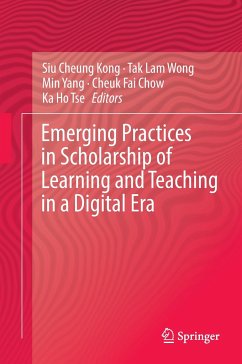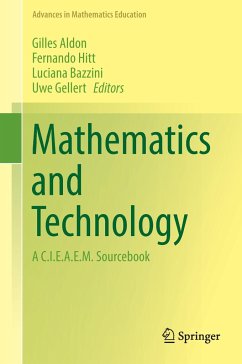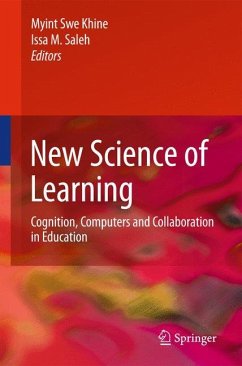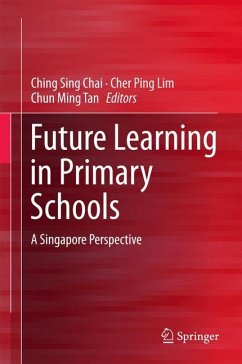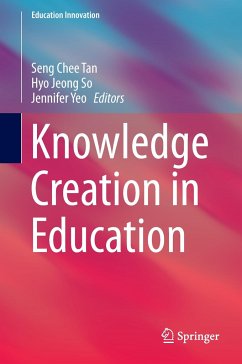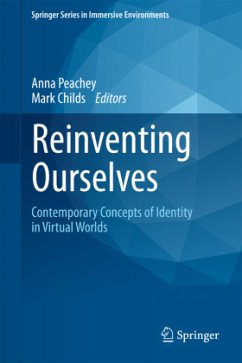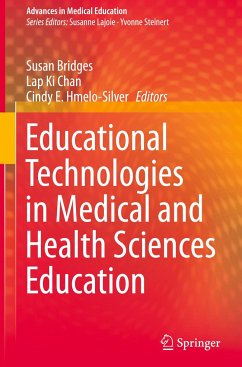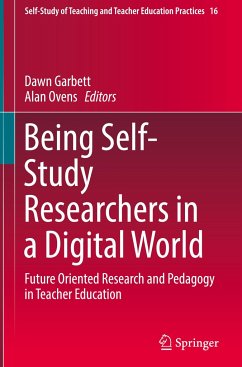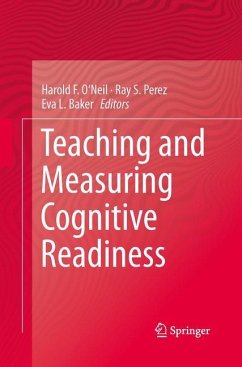
Teaching and Measuring Cognitive Readiness
Versandkostenfrei!
Versandfertig in 6-10 Tagen
86,99 €
inkl. MwSt.

PAYBACK Punkte
43 °P sammeln!
Teaching and Measuring Cognitive Readiness presents theoretical and empirical findings regarding cognitive readiness and assessments of their impact on adult learning. The term readiness is used in assessing student preparation for K-12 schools, while in the military and in industry, "readiness" denotes preparation to be effective in performing a mission or a job. Cognitive Readiness is viewed through a Knowledge, Skills, and Attributes (KSA) lens.Teaching and Measuring Cognitive Readiness deals with (a) the primacy of cognitive readiness as attributes or individual difference variables; (b) t...
Teaching and Measuring Cognitive Readiness presents theoretical and empirical findings regarding cognitive readiness and assessments of their impact on adult learning. The term readiness is used in assessing student preparation for K-12 schools, while in the military and in industry, "readiness" denotes preparation to be effective in performing a mission or a job. Cognitive Readiness is viewed through a Knowledge, Skills, and Attributes (KSA) lens.
Teaching and Measuring Cognitive Readiness deals with (a) the primacy of cognitive readiness as attributes or individual difference variables; (b) the need for cognitive readiness instructional and assessment strategies; (c) the need to integrate assessment into cognitive readiness training; (d) the need for theory-driven evaluation studies to increase knowledge and efficacy in teaching cognitive readiness; and (e) the need for a solid psychometric approach to the use of cognitive readiness assessments.
Teaching and Measuring Cognitive Readiness deals with (a) the primacy of cognitive readiness as attributes or individual difference variables; (b) the need for cognitive readiness instructional and assessment strategies; (c) the need to integrate assessment into cognitive readiness training; (d) the need for theory-driven evaluation studies to increase knowledge and efficacy in teaching cognitive readiness; and (e) the need for a solid psychometric approach to the use of cognitive readiness assessments.





